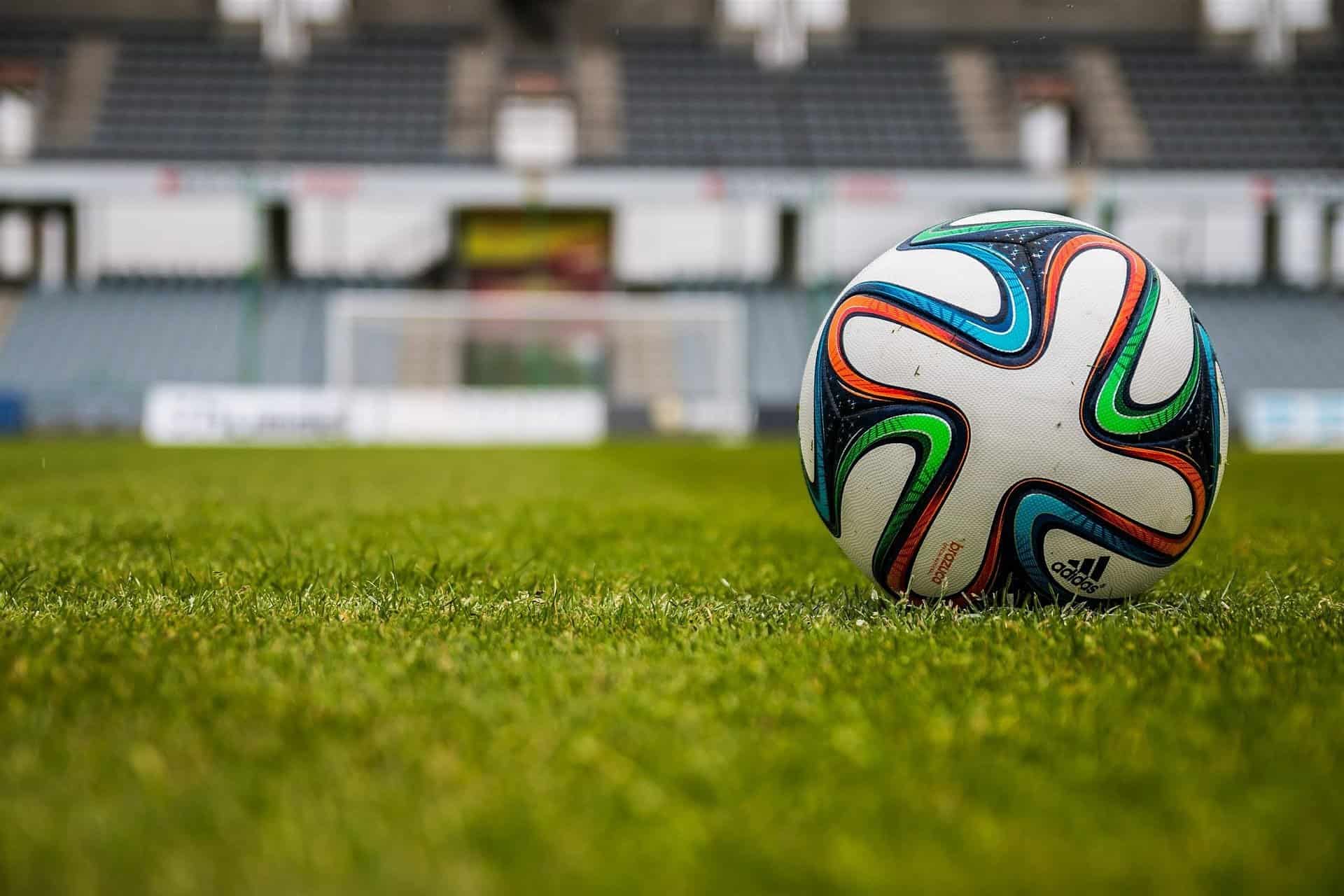
Both international soccer championship matches played last weekend were neck and neck. Both saw the defeat of the host nation. Brazil lost the Copa America to Argentina on July 10th in the famed Maracana stadium in Rio de Janeiro, while England lost the European Championship a day later to Italy at Wembley Stadium. Both sparked the joy of a nation and of the footballing world respectively.
The importance of Italy’s win struck home for me as I listened to John Allen’s “Last Week in the Church,” which streams from a studio in Rome where he lives. John reminded listeners that Italy was the first country outside of China to get hit by the coronavirus. Since last year, over 125 thousand Italians have died of COVID-19. That tragedy combined with the fact that Italy had not won the European finals in over 60 years meant that Sunday’s win at Wembley warranted national celebrations. “This run in the European tournament combined a defining Italian passion with a nation badly, badly, in need of an infusion of happiness, of joy, of relief.” That almost desperate passion was even palpable outside of Italy, especially in the New York pub where I watched the Euro Cup final alongside fans of both England and Italy—the Italians were louder.
The finals even got Pope Francis, famous soccer fan and an Argentinian born of Italian immigrants, reflecting on the importance of sport. After Argentina and Italy’s victory, Pope Francis said the value of athletic competition is learning to accept whatever the outcome, even defeat. “Only in this way, faced with the difficulties of life,” Pope Francis said, “can one always put everything into the game, struggling without giving up, with hope and confidence.”
While I value the Holy Father’s wise words, I must admit that I was not completely indifferent to the outcome of the Copa America. Anyone who knows me well can tell you I’m a slightly obsessed fan of Lionel Messi, the captain of La Albiceleste (Argentina’s team nickname). And I joined millions of other Messi aficionados from around the globe who were willing a victory for the away team. It wasn’t only Messi fans who wanted to see this win, global soccer wanted this (just check Twitter).
The reason for this is that, even though Messi is arguably the best soccer player who has ever played the game, he’s not won any awards with the senior national team of Argentina. He’s conquered Europe four times with FC Barcelona and has won La Liga 10 times, as well as taking six Copas del Rey. Messi and Argentina have even won an Olympic title, but that is played with a squad predominantly consisting of U-23 players. It’s not considered the senior squad. There was only one kind of trophy missing from his case.
And it’s not like Messi hasn’t gotten close. Four times he’s appeared in a major final with his national side: once at the 2014 World Cup against Germany, and three more at the Copa America (2007, 2015, and 2016). In response to the 2016 loss, Messi even announced an early retirement from national soccer–he just couldn’t bear the possibility of seeing his hopes dashed again. Lucky for us Messi fanatics, and for the soccer world in general, Messi renounced those retirement plans less than a year later. True hope isn’t vanquished so easily.
On Saturday, July 10th, Lionel Messi and Argentina saw a dream deferred become a dream come true. Argentina’s Angel de Maria scored a first-half goal, cushioning a driven-through ball out of the air before lobbing it over the keeper’s head, and that was the game winner. After five minutes of second half stoppage time, the ref blew the final whistle to end the match. Messi collapsed to his knees. The relief of getting the weight of a nation off his shoulders was tangible. His whole team knew what victory meant for their captain. They rushed the kneeling Messi and piled that weight back on.
I imagine it felt lighter this time around.